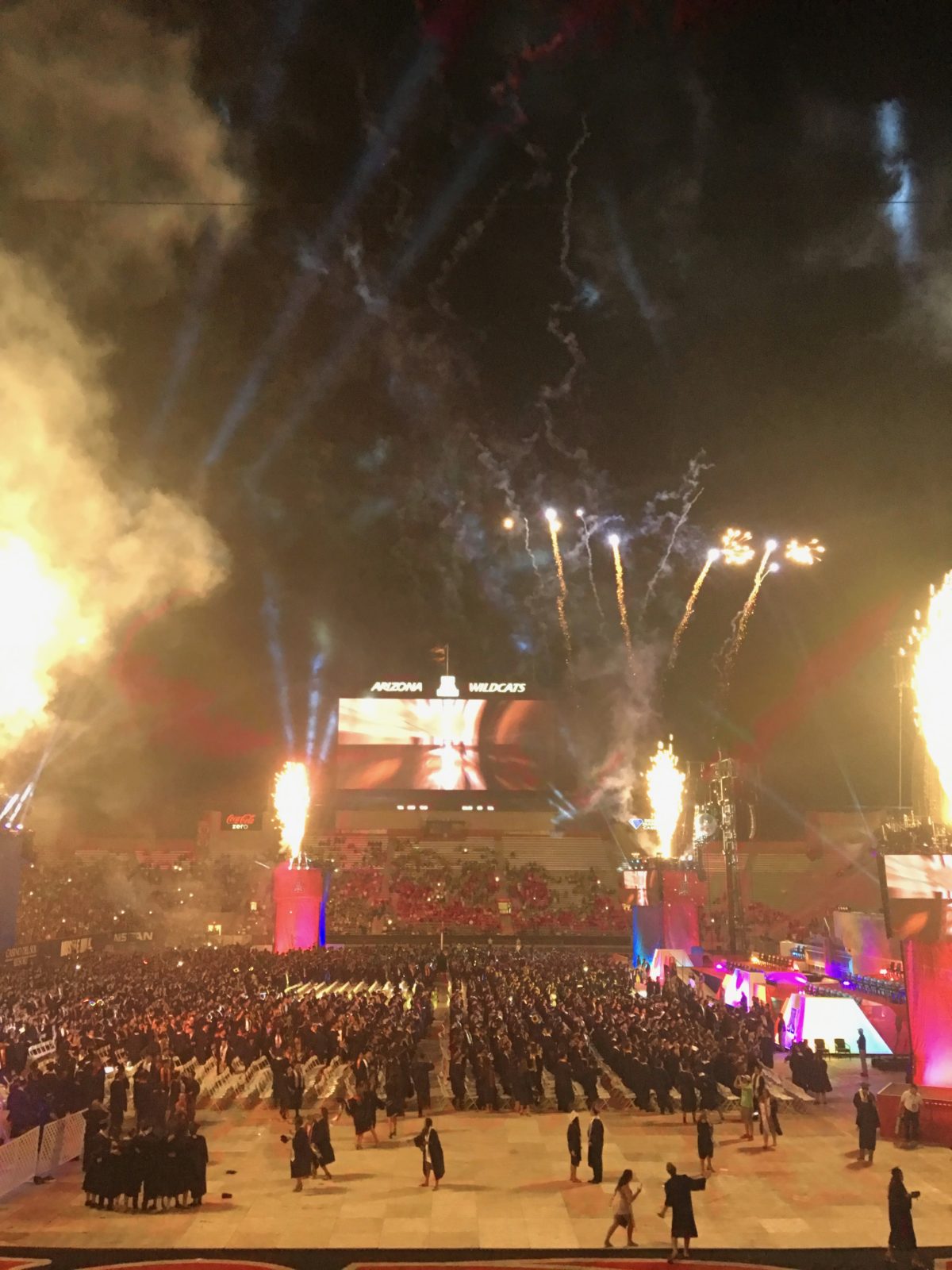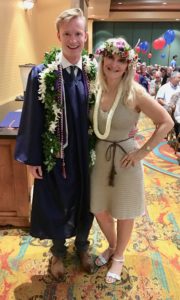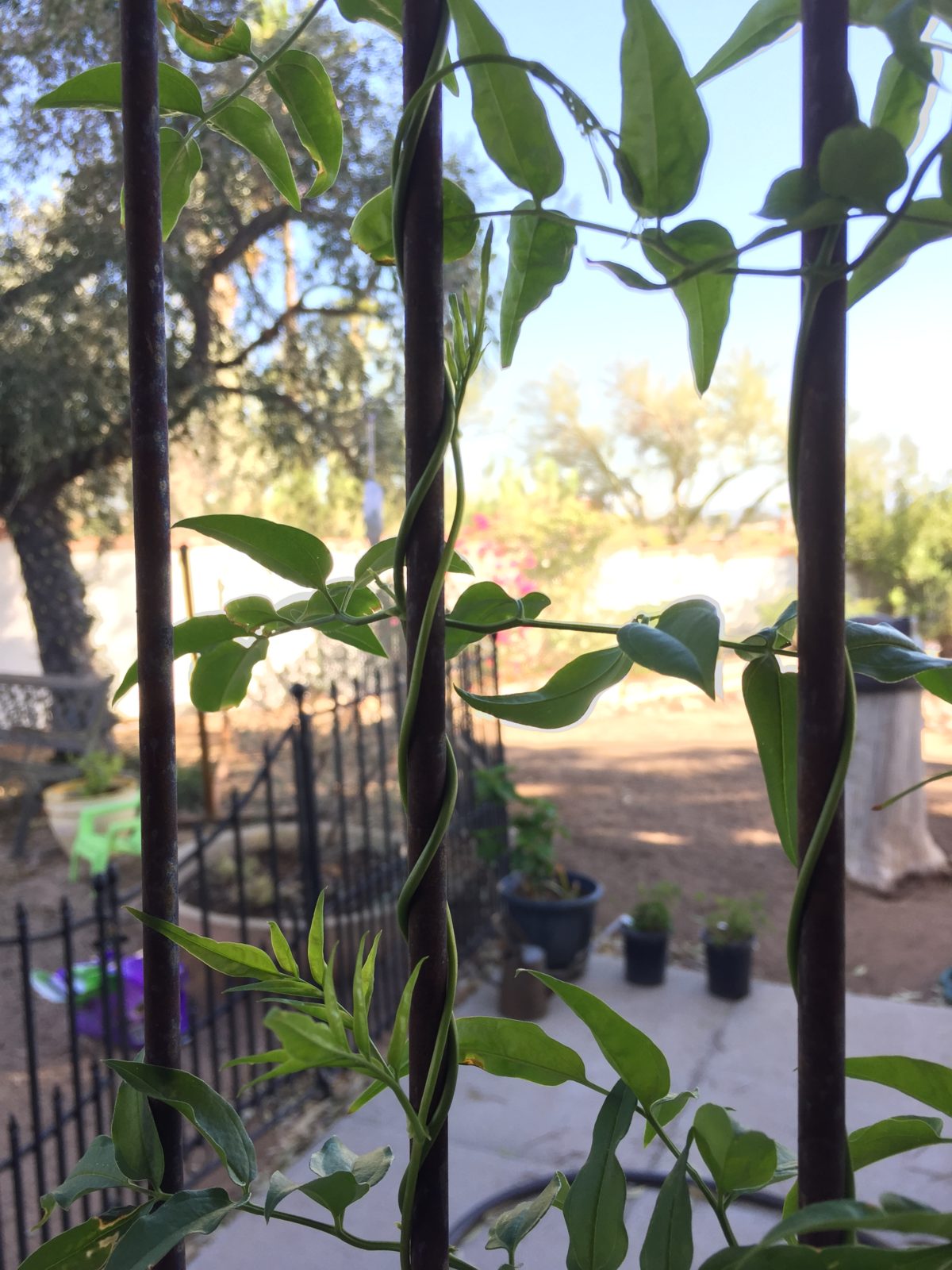My Camino wasn’t going to be rising before dawn and rushing through the popular 15-18-mile “stage” in order to make sure I secured a bed at the next town’s cheapest Albergue (like so many of the pilgrims on the path).
My Camino was going to be slowing down, engaging with the history, geography and spirituality. Stopping often to absorb the surroundings, architecture, history and people. Sitting in churches long enough to breathe in the Spirit of God. Trusting that God would provide a place for me to lay my head each night. Teaching myself how to live and walk in a relaxed manner.
Preparing for your day—
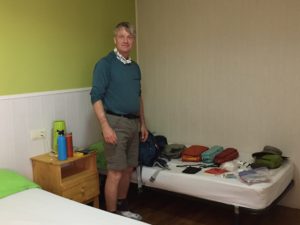 When you’re preparing to leave one place you know you won’t be returning to and walking 5 – 15 miles to another location, you plan carefully. You spend some time thinking about what you’re going to wear, how you’re going to pack, in case the weather changes and you need to shed a jacket or get to your rain gear and poncho in a hurry. If you happen to leave something back at the place you slept, you think long and hard about whether you really need it. About whether or not you can buy a replacement in the next tiny village you sleep in.
When you’re preparing to leave one place you know you won’t be returning to and walking 5 – 15 miles to another location, you plan carefully. You spend some time thinking about what you’re going to wear, how you’re going to pack, in case the weather changes and you need to shed a jacket or get to your rain gear and poncho in a hurry. If you happen to leave something back at the place you slept, you think long and hard about whether you really need it. About whether or not you can buy a replacement in the next tiny village you sleep in.
You get into a rhythm, and you realize quickly just what you need to have and what you can live without. Hopefully you’ve done some serious thinking about this before you’ve arrived to start the walk. Unless you’ve decided to splurge and have a carrier service cart your bag from sleeping town to sleeping town, carrying an extra 2 or three pounds of unnecessary gear in your backpack can be physically and mentally debilitating.
At first it’s a little frustrating and disarming: Where do I keep my pilgrim credentials so I can access them easily to give to the person checking me in at the albergue? Where’s the best place in my backpack to keep my reading glasses so I can access them in a hurry? My sunglasses if the clouds should part? My first aid kit? (Just in case your or another pilgrim needs some care.) A special place for the precious handmade journal my son gave me and insisted I take along. The one I’d weep buckets of tears over if it got wet or lost.
It takes your brain some time to process, the fact that you have to think carefully about these particulars, since you’re more accustomed to being able to jump in the car to rush back where you left something, make an additional trip to the store to buy what you forgot. But the brain is an amazing body part. It eventually learns to accommodate and think in different patterns and meet new demands.
You develop a daily rhythm:
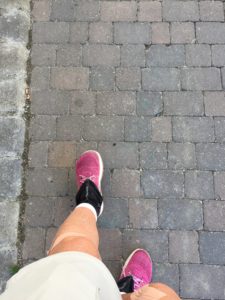
Although this run-down may read like a tedious list, stay with me. I’ll talk about the benefits afterward.
- Wake up and rise slowly, stretch the body to prepare it for the day’s walk.
- Do your bathroom thing. Since the pottying and washing rooms might be separate, you need to prepare for carting your tooth supplies to a different location for preparation, and your clothes for dressing. Putting in contact lenses might require yet another locale (depending upon sink and mirror availability.)
- Roll up and shrink your sleeping bag (if you had to use one) and then spread all of your bags of clothing and necessities out on your bed, to make sure everything is accounted for.
- If you haven’t done so the night before, head to the clothesline to gather your clothes and give them a once-over to see if socks, shirts, undies and pants are dry enough to wear or roll up in a baggy. If not, the item will be rolled into a special bag (so as not to dampen other items) or clipped onto your backpack to dry as you walk.
- Kinesiotape any body parts that need taping.
- Double check the weather and temperature outside and decide on the day’s start-off clothing.
- Get your hiking shirt(s) and pants on.
- Prepare your feet and toes for the day, carefully put on your socks and then your shoes. (Although you may have to wait until you’re fully dressed and backpacked and headed to the front of the albergue if you’re shoes are stored in a downstairs cubby to keep the floors clean.)
- Carefully pack up your backpack—sleeping bag in the very bottom, followed by bath towel and washcloth, silk sleeping bag liner, shower sandals, Ziploc bags of clothes and undies. The tiny pouches of daily contact lenses, foot care tape and pedicure supplies and the one containing general toiletries get tucked into available areas.
- Then the journal and pilgrim credential (stored in waterproof bags) are slipped into the backpack and covered by the rain poncho and compressed puff jacket.
- The upper pouch gets the Goretex rain jacket and pants (if the jacket isn’t being worn that day for general warmth), along with the assorted eyeglass containers (long distance sunglasses, travel-sized readers, and general long distance (for those times I’m taking a contact lens break). The sports sunglasses—in their case—get attached to the outside of my backpack’s hip pocket pouch for easy access. If I’m not wearing my sunhat that day, it gets folded up and stored in the top pouch too, for easy access. The money pouch, with the United States passport in its waterproof container, goes on top. Just in case we stop for a café con leche, banana or hunk of cheese along the way.
- The outside pouch stores the Duck Back cover for my backpack (which I actually don’t need any longer since I purchased a full over-the-backpack-and-me poncho in St. Jean Pied de Pont just before setting out). It also carries my collapsible parachute bag I used for necessities like my United States of America passport and money pouch. The compact first aid get goes there, too, as well as any oranges, cheese or bananas I can squeeze into available space.
- The two hip pouches contain lip cream, Euro coinage, the rosary Cory bought me in Rome, the prayer beads my dear girlfriend Judy bought me for my journey, and my hearing aids, which would cost me a small fortune to replace.
- Before grabbing my coveted Pacer Poles hiking sticks, I double and triple-check for several items:
- Hearing aids in the container (if they’re not in my ears, which Chris always checked for me too).
- My phone, which I have only to take pictures, and in case of an emergency, should Chris and I become separated and I need to make contact with someone.
- My precious leather journal and pilgrim credentials, to prove I’m on a foot-born pilgrimage and which gives me the right to bed down in an albergue.
- Contact lenses
- My money pouch and official passport, (which Chris always eyeballs too).
- My Kinesiotape, (with which I could not walk comfortable if I were to lose).
- Finally, the critical water bottles are topped off and placed in our backpack pockets.
- Then the wrist sweatbands go on, followed by the Kool Tie neck wrap tied around my neck to ward off overheating and migraines, the hiking poles are grabbed, and you head out the door for another adventure, which you’ve come to realize you’re going to have. Every day.
- The only jewelry I wore was a $15.00 faux pearl and diamond ring, so I didn’t have to worry about losing my real wedding ring or futzing with earrings. No watch, either. I relied on my phone, or the sunlight, for the time. And I didn’t bring any makeup. The only thing I applied to my face was sunscreen.
Not much to worry about.
Preparation time—
Because Chris and I were unhurried, this procedure took us about an hour. On days we wanted to rise early to beat the heat or walk longer distances, we managed to whittle it down to 45 minutes. Because most albergues expect you to vacate by 8:00 AM—to prepare for the next gaggle of pilgrims flooding their dormers—you’d likely have to rise earlier than you might have preferred. Especially if you’re sharing a room with pilgrims on a sprint to their next bed, who awaken you with noisy departure preparations or abrupt, dream-shattering light so they can be off.
Typed out on a word document, the process looks boring and tedious. Too methodical and repetitious. But it quickly became a comfortable ritual, one that gave consistency to our lives and only mildly jostled the brain. Each possession had a purpose and its place. Nothing useless or unnecessary. Everything we carried was meant to meet the basics of our daily needs. There was nothing but the necessaries to weigh us down. And most of it, besides the eyeglasses to see, the hearing aids to hear, the United States passport to move around Europe and get home, and the water was not critical.
Joy, and possibilities, in tedious structure—
The mundaneness had its advantages.
Since my brain had very little to be concerned about every morning, and became accustomed to the repetitive program, it was left with plenty of room to engage in the geography, the new surroundings, sights, smells, tastes and varied languages. New people and interesting conversations. All enjoyed without distractions or waste. Just as I was doing physically, my brain was relishing being able to take a breath.
I started enjoying the simplicity of carrying lightly and started pondering what I carried through life back home—what I’d picked up and carted along in my life “just in case”—that could be discarded.
There were plenty of buying opportunities, (and I had a wad of Euros in my pouch), but with so little room available, and the burden of extra weight to consider, I pondered each purchase with care and conscientious analysis. Something else I knew I needed to do more of in life.
Seriously consider the weight and substance of everything I own, everything I do, everything I buy.
It wasn’t that I was embracing a minimalistic attitude or view of life. If anything I probably found greater emotional joy than I had before in thinking about the beautiful and varied things that enrich my life and bring me happiness and satisfaction. The family heirlooms and pictures that trigger happy memories and the release of feel-good brain chemicals.
But I started asking myself some questions. Questions you may also want to ask yourself:
Introspection—
- What things do I too hastily pick up and burden my heart, mind and life with? Do I carefully count the cost of carrying them before picking them up?
- What belongings do I have that add nothing to my life, or, worse yet, only make it more complicated and burdensome?
- What should and would I divest myself of in order to enjoy a richer, fuller life?
- What should I divest myself of in order to invest in deeper, fuller relationships with family, friends and strangers?
It didn’t take long for me to start pondering those questions and soaking myself in the simple, divested life of a pilgrim. After all, I had traveled all that distance to hear what God had to teach me through the experience.
And I was determined to listen.
I’ll tell you more about that NEXT WEEK!
Until then, take some time to count the cost of your belongings and attachments?
Blessings,
Andrea
May you prosper in all things and be in health, just as your soul prospers (3 John 2).
Photos by Andrea A Owan


